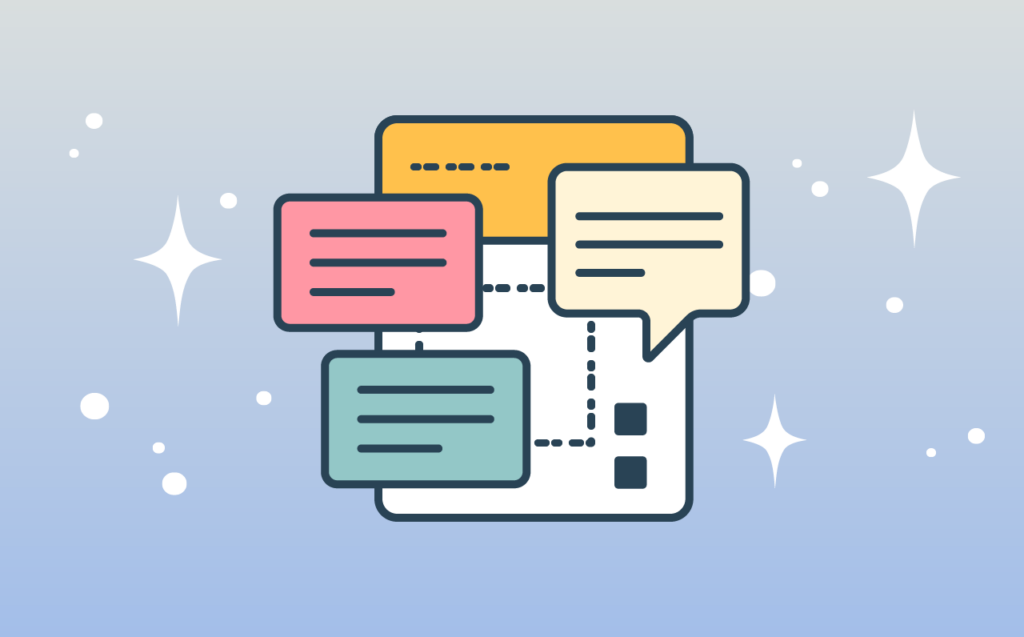Back in May, I teamed up with Kathie Snell, Chief Strategy & Operations Officer at Aurora Mental Health & Recovery, and Nisheeta Setlur, VP of Customer Success at Eleos, to host an AI literacy panel during the mhca Spring Conference in Milwaukee, WI.
Our conversation covered a lot of ground—from AI evaluation and implementation to myths and misinformation.
Read on for a sampling of questions posed and answers given—or grab your popcorn and watch the full recorded session below to take a deeper dive into AI literacy and best practices for leveraging this innovative technology in your behavioral health organization. (It’ll almost be like you were there!)
How important is due diligence in picking an AI partner?
As you vet potential AI partners, it’s important to keep client and provider benefits top of mind. In addition to offering solutions that align with your specific use cases, vendors should be able to clearly state how your organization’s data will be used and protected.
When considering how to implement AI technologies, is it better to roll out the product incrementally to increasingly larger groups of providers—or all at once to your entire user base?
Whether you take a cohort approach or go all-in with a full rollout, the most important thing is to make sure each user gets the support and attention they need to be successful with the product. The more adoption and use you get off the bat, the greater the impact of positive word-of-mouth among peers. User champions are the most powerful drivers of adoption.
Should providers be required to use an AI technology if it is adopted by their organizations?
Most behavioral health organizations adopt technologies because they believe the solutions will improve care delivery and operational processes. Consequently, with few exceptions, it’s a best practice to expect that all relevant providers use the technology. After all, the technology’s integration into the organization directly affects the way care is delivered—and you don’t want to create different expectations based on who is and isn’t using a particular tool.
What differentiates tools like Eleos from other technologies in terms of provider adoption?
Many—perhaps most—technologies are adopted because they benefit the organization as a whole, but not the day-to-day work of individual providers. Tools like Eleos, on the other hand, were created specifically for providers. These solutions offer an immediate benefit to providers by helping them get their work done more quickly—and by adding a second set of ears to each therapy session. As noted above, some organizations have been able to leverage this “what’s in it for me” perspective to improve adoption through positive word-of-mouth. On the other hand, most traditional provider-facing technologies rarely, if ever, drive adoption through positive user reactions.
Do tools like Eleos help with other areas such as compliance or supervision?
Yes. Because the AI engine can track things like interventions and talk-versus-listening ratios, providers are empowered to identify blind spots and modify their approach accordingly. Without technology like this, providers rarely receive any quantifiable feedback on whether they are using evidence-based treatments—even though doing so is explicitly stated in the client’s treatment plan. AI tools assist in managing the “Golden Thread.” Eleos also provides a supervision module that shows objective treatment data and trend lines across each supervisee’s caseload, giving clinical supervisors concrete data to guide their coaching efforts.
What preconceived concerns do staff have about using AI in a clinical setting?
Internal questions cited by the panel included:
- “Will AI take my job?” – The short answer is no, AI will not take your job. AI tools like Eleos help clinicians do more of what only they can do by removing or reducing non-value-add tasks (e.g., documentation).
- “Is this a long-term strategy or just another fad?” – AI is very early in its lifecycle, but it is not a fad. In fact, some experts have said that they expect AI to be as big as the Industrial Revolution.
- “Isn’t this an example of ‘Big Brother’ watching over me?” – No. Eleos is another set of ears in the room—kind of like having a co-therapist who can make suggestions and observations to help providers do their jobs easier, faster, and better.
- “Doesn’t this create a risk for disclosing Personal Health Information (PHI)?” – No. Eleos is secure and meets the highest standards in its Amazon Web Services (AWS) hosting platform. Additionally, in many use cases, no data is retained at all—or the data falls under full control of the organization with regard to length of retention.
How do organizations determine the return on investment (ROI) for a tool like Eleos?
Traditional ROI models—like those that analyze unit costs—can be used. But unlike many traditional technology platforms, Eleos also offers financial benefits in the way of reducing staff turnover, improving client engagement, and boosting recruitment. If a provider’s work life improves because they can get their documentation done without working extra hours and on weekends, Eleos becomes a viable tool for addressing common workforce issues.
What are the most interesting things on the horizon for AI?
A few possibilities noted by the panel include:
- Improved access to health care
- Ease of access to epidemiological data
- Improved integration between technologies (e.g., transferring assessment data)
- Quicker time to remission
- Very different ways of doing psychological testing based on Natural Language Processing (NLP)
- Revision of diagnostic categories
- Individualized genomic psychopharmacology

